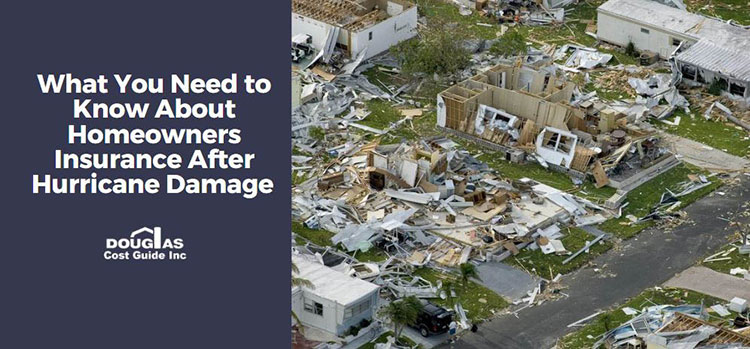In too many instances, community members discover they may not be fully covered for natural disasters such as hurricanes and tropical storms until the damage is done. Before high winds and stinging rain pound your home, it’s crucial to make sure you’re adequately covered.
Are You Covered for Hurricane Property Losses?
Insurance corporations typically include clauses in policies that speak to “perils.” That’s industry jargon for natural disasters. Homeowner’s Insurance policies usually cover unanticipated losses from hailstorms, wildfires, and hurricanes. But one of the caveats homeowners may not know is that areas prone to certain naturally occurring weather events may not include full coverage in a standard policy.
Regions that sustain higher rates of flooding, earthquakes, and tornadoes typically call for what industry insiders sometimes call a rider. Essentially, a rider involves a property owner paying a premium to have these and other potential losses covered. Coastal communities may find they do not possess the secure coverage they expected. If you are unsure about your level or type of hurricane coverage, check the policy and speak with a professional.
What Should Hurricane Insurance Cover?
Knowing whether your homeowner’s policy covers hurricane-related losses may be just the tip of the iceberg. Some may require an additional rider for flooding or losses due to hard impacts. As a homeowner, such items are logically associated with a hurricane or tropical storm. Insurance carriers do not always agree. That’s why residential and commercial building owners would be well-served to review the agreement and determine whether the following are included:
- Damage to homes caused by rain or wind.
- Damage caused by flying debris, falling branches, or trees.
- Water penetrations caused by high winds and rain.
- Overland flooding associated with severe weather incidents.
- Water damage resulting from a public sewer backup.
- Water damage resulting from internal plumbing damage.
- Living expenses resulting from uninhabitable homes or apartment complexes.
Insurance companies usually approve claims related to the loss of personal property. Many employ a standard calculation based on the value of the home or commercial building. But the type of replacement coverage you possess can make a significant difference.
What Level of Replacement Coverage Do You Hold?
If you have what is known as “replacement cost coverage,” the insurance company pays for repairs or replacement that effectively restores the structure to its pre-damage state. However, if your policy offers “actual cash value coverage,” depreciation is typically subtracted from the loss. In other words, you could end up paying out of pocket after a hurricane with actual cash value coverage.
To clarify the replacement cost of your property, secure an accurate estimate. The Douglas Residential Cost Guide is an accurate, user-friendly online resource adopted by insurance companies and homeowners alike.

